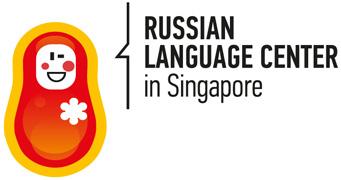Studying a foreign language offers a unique opportunity to experience another culture in depth. Russia’s position on the boundary between Europe and Asia and its unique history have produced a complex and fascinating cultural environment, and there are now many more opportunities than in the past to travel there and experience this society first-hand. Knowledge of the Russian language opens the door to the study of Russia’s rich tradition of literature, art and music.
Studying a foreign language offers a unique opportunity to experience another culture in depth. Russia’s position on the boundary between Europe and Asia and its unique history have produced a complex and fascinating cultural environment, and there are now many more opportunities than in the past to travel there and experience this society first-hand. Knowledge of the Russian language opens the door to the study of Russia’s rich tradition of literature, art and music.
Ivan the Terrible, Peter the Great, Rasputin, Lenin, Stalin, Gorbachev, Yeltsin, Putin etc. Can you think of a more intriguing set of historical characters? A lot of people like to read about Russian history and mistakes that were done in order not to repeat such mistakes in their future.
Tolstoy, Dostoevsky, Chekhov, Gogol, Pushkin, Solzhenitsyn, Nabokov, Pasternak – world’s undoubted great writers – read them to understand why Russian literature has had such enormous impact on other world cultures.
While studying Russian language and culture is an intellectually stimulating and enriching experience in itself, the cultural knowledge and understanding that can be gained also have career implications. Most large employers are international corporations which need employees who have the ability to function successfully in foreign settings and to deal with their international business partners. Even if you don’t use your specific knowledge of Russian, the cultural awareness you gain can transfer to other situations and settings.
